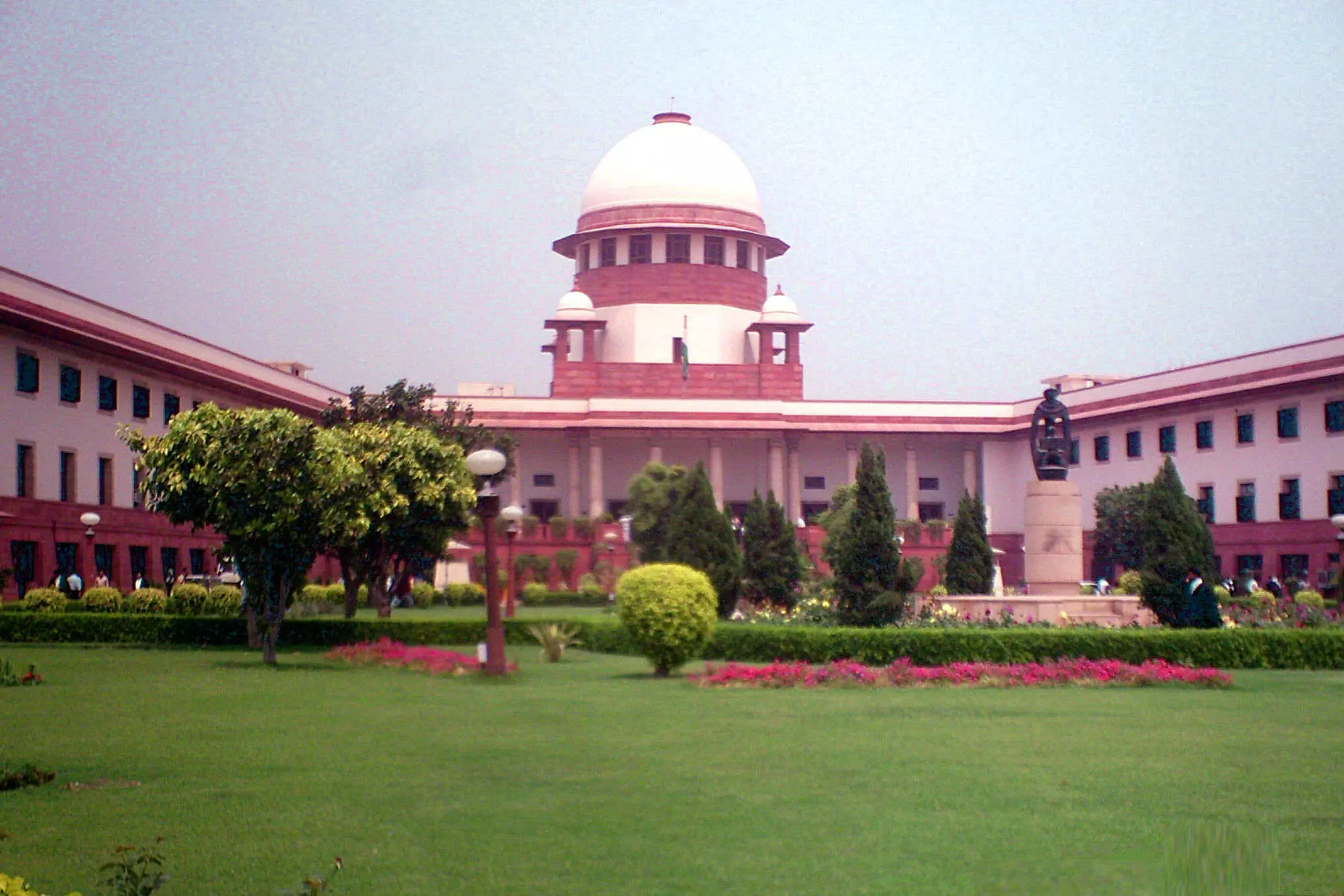
Marks not always the best gauge of individual merit: SC
text_fieldsNew Delhi: The Supreme Court, while giving its landmark judgment on ObC reservation in NEET exams, ruled that competitive examinations, which do not reflect social, economic and cultural aspects, could not fully determine one's eligibility. The court's observation came while it upheld the constitutional validity of allocating 27 per cent seats in the 'NEET' all-India quota for undergraduate and postgraduate medical courses to Other Backward Classes (OBCs).
The bench headed by Justice DY in its detailed judgment clarified that merit and reservation in the examination should be seen in two separate perspectives. NEET conducts a public entrance examination for medical admission. The 'eligibility' for admission cannot be limited on the basis of scores in the general competitive examination alone. Eligibility is the sum of one's struggle and exam excellence to overcome social and cultural setbacks.
Competitive examination will not replace eligibility. Social aspects should also be considered while determining eligibility. Reservation is about making merit more accessible. Equal opportunity only in a formal sense will be achievable in the competition via competitive examinations. However, it does not fully reflect a person's excellence and ability. Circumstances of life affect ability. The backward classes in toto should not be denied reservation on the rationale of the 'creamy layer' who have achieved economic progress in the socially backward sections.
Some of the petitioners had contended that the total reservation should not exceed 50 per cent, arguing that the government should seek the permission of the court before fixing the quota. But the court said that the Central government does not need the prior permission of the Supreme Court to introduce OBC reservation in the all-India quota under NEET.
"The privileges that accrue to forward classes are not limited to having access to quality schooling and access to tutorials and coaching centres to prepare for a competitive examination but also includes their social networks and cultural capital (communication skills, accent, books or academic accomplishments) that they inherit from their family," Justice Chandrachud observed.
The judge also explained that "the rhetoric surrounding merit obscures the way in which family, schooling, fortune and a gift of talents that the society currently values aids in one's advancement. Thus, the exclusionary standard of merit serves to denigrate the dignity of those who face barriers in their advancement which are not of their own making".
The court expatiated on the "idea of merit" saying that merit solely based on scores in an exam requires "deeper scrutiny".
"While examinations are a necessary and convenient method of distributing educational opportunities, marks may not always be the best gauge of individual merit. If a high-scoring candidate does not use their talents to perform good actions, it would be difficult to call them meritorious merely because they scored high marks," observed Justice Chandrachud.























